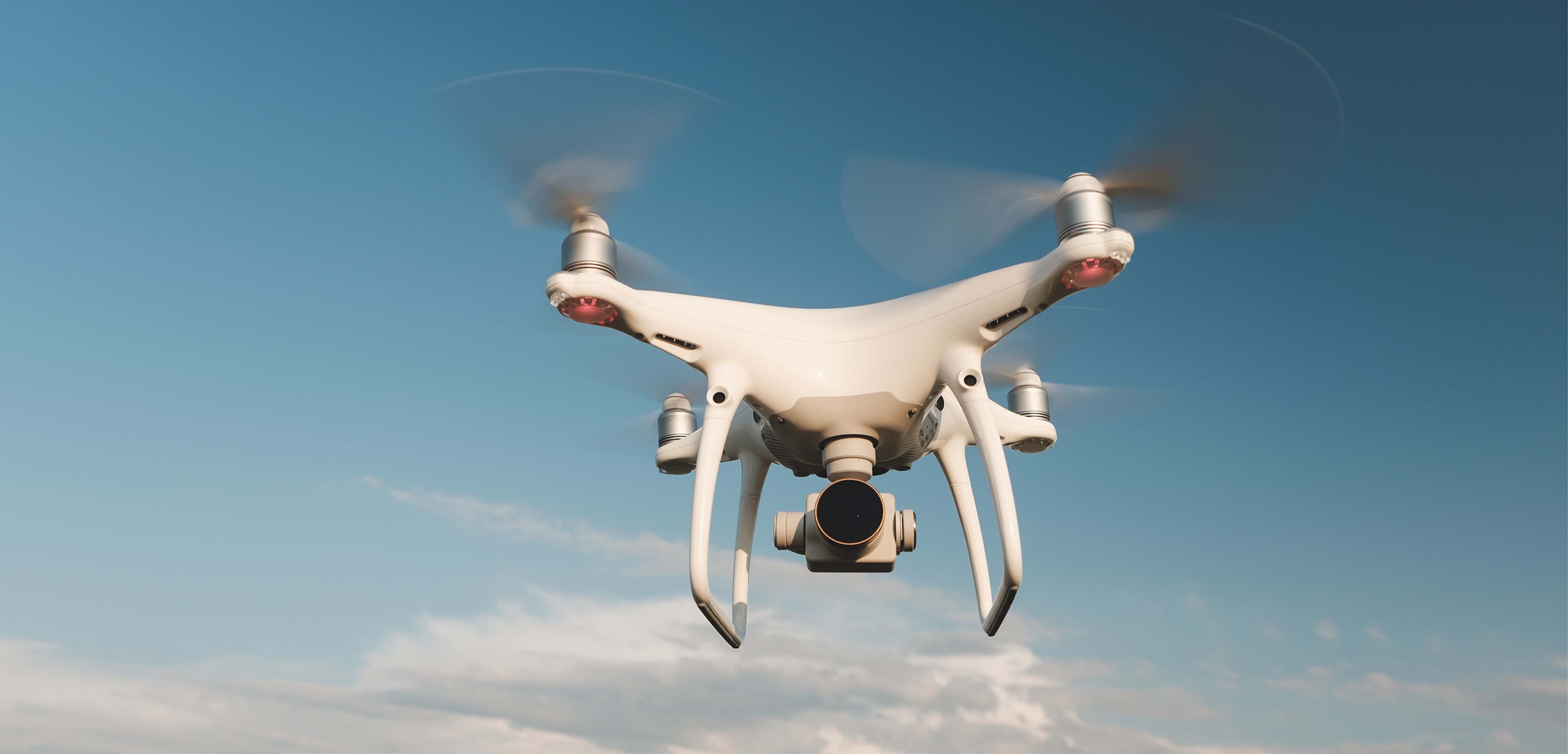India's logistics sector is a key pillar of its economy, contributing 13-14% to the GDP. Despite its impact, the industry faces long-standing inefficiencies—from complex supply chains to the lack of access in remote areas. With the rise of e-commerce and an additional 125 million online shoppers added in the past three years (and 80 million more expected by 2025), the need for innovation in last-mile delivery has never been more pressing.
Among the many technologies being explored, drones have emerged as one of the most promising. Their ability to cut through traffic, reduce delivery times, and reach hard-to-access regions makes them a futuristic alternative to traditional methods. But the real question remains—are drones the ultimate answer to India's logistics puzzle, or just another innovation waiting for the right time?
Drones present a compelling set of benefits that conventional delivery systems often struggle to provide. From delivering groceries, medicines, and food to time-sensitive items like documents or last-minute gifts, drones bring unmatched speed and agility. They don't just skip traffic—they rewrite the route entirely.
According to Mordor Intelligence, the global delivery drone market is set to grow from USD 0.69 billion in 2024 to USD 1.75 billion by 2029, at a CAGR of 20.33%. As drone hardware becomes more accessible and technology more robust, companies will find them financially viable despite initial infrastructure and tech investments. The long-term savings from reduced labor costs and fuel expenses could transform delivery economics.
While the initial investment in technology and infrastructure is high, the reduced dependence on fuel and labor makes them financially viable in the long run. Companies can easily streamline their operations using drones. For rural deliveries too, they can overcome the challenges of poor road connectivity, making last-mile deliveries more accessible and faster where traditional vehicles may falter.
Opportunities and Challenges in India
India's socio-economic and geographic diversity presents both opportunities and hurdles for drone adoption. On the opportunity side, the Indian drone market is expected to grow from USD 654 million in 2024 to USD 1,437 million by 2029, highlighting a growing appetite for aerial tech in logistics.
The government's push for drone adoption is evident through policies like Drone Rules 2021, which have eased permissions and created a more innovation-friendly ecosystem. However, challenges persist—such as airspace restrictions, urban safety concerns, and technical limitations in navigating densely packed cities like Delhi and Mumbai. A major hurdle is also the lack of large-scale pilot tests in real-world, chaotic Indian environments.
While drones capture the spotlight, the real enablers are the smart logistics systems running behind the scenes. Platforms using AI, GPS, and real-time tracking are helping logistics companies coordinate routes, assign deliveries efficiently, and integrate multiple delivery methods—including drones.
These platforms are not just streamlining operations—they're laying the groundwork for drone adoption. When a drone becomes just one node in a fully optimized logistics network, its value multiplies. The blend of real-time insights and smart scheduling ensures drones are used where they perform best—such as high-priority deliveries of perishable or urgent items.
Is a Hybrid Future the solution?
In India's densely populated cities, electric scooters and bikes may still be more practical for everyday deliveries. Autonomous ground vehicles could also complement drones, creating a hybrid ecosystem where each tool plays to its strengths.
For instance, while drones handle express deliveries like critical medicines or fragile items, ground-based methods can manage heavier or bulkier loads. The key lies in intelligent coordination—and that's where smart logistics platforms take center stage.
Drones certainly hold the potential to redefine last-mile delivery in India. But their success won't come from flying solo. It will depend on regulatory support, tech integration, real-world adaptability, and strategic collaboration with other delivery modes.
As India's logistics sector evolves, drones will play a critical role—but not the only one. The future isn't just airborne—it’s smart, hybrid, and well-tracked.
